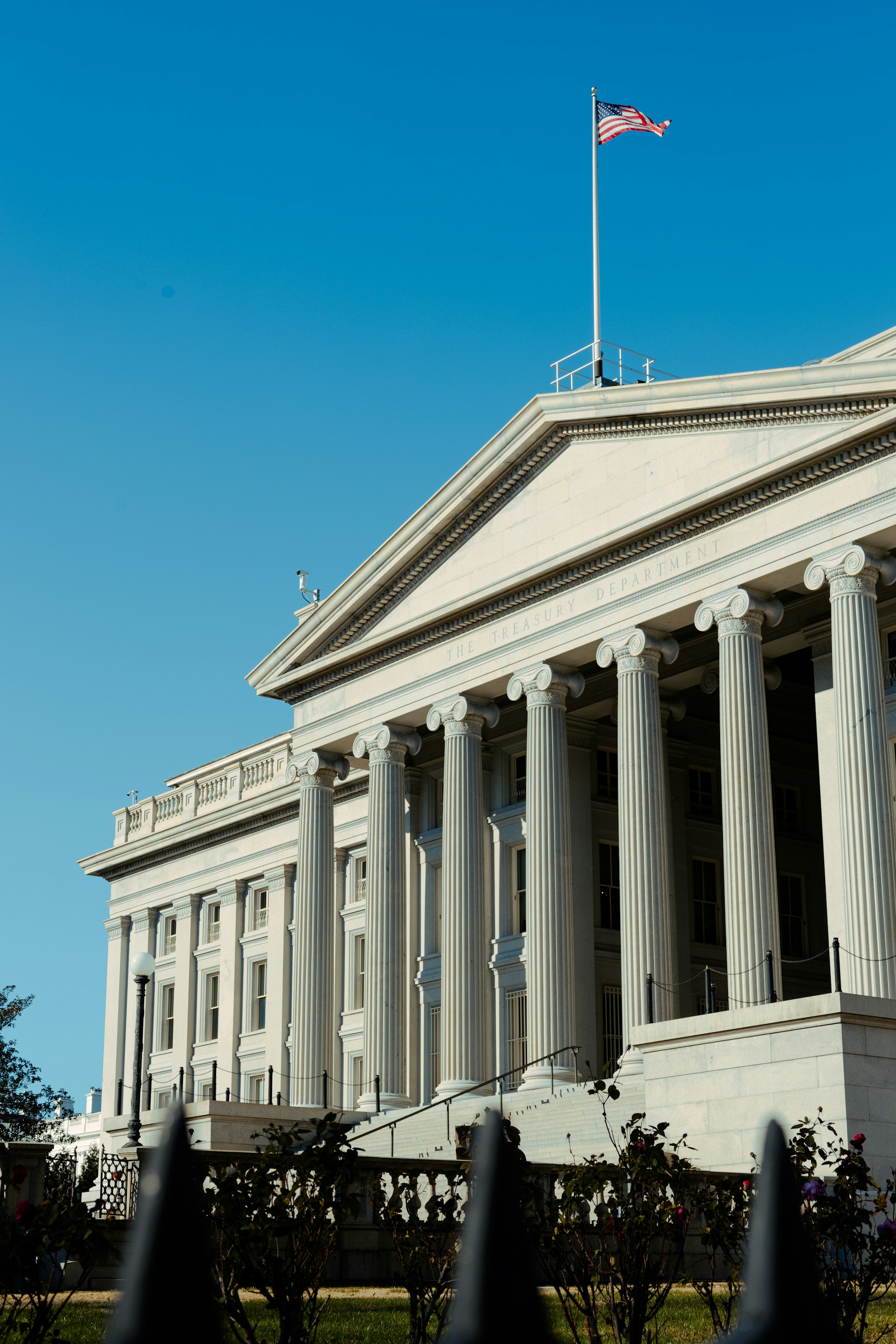Currently, the world faces unprecedented challenges. For many, these challenges have made it difficult to stay on top of SBA loan payments. In these difficult economic times, your business may not survive. Fortunately, you have options if you fall behind. If you need SBA loan relief, you may find that you qualify for an SBA Offer in Compromise (OIC). An OIC allows you to settle your SBA loan obligation for less than the total balance.
To learn more about when to seek out an Offer in Compromise, keep reading.
Offer in Compromise
Understanding the SBA Offer in Compromise
The SBA doesn’t approve all requests for a settlement. For this reason, it’s a good idea to seek professional help so that you have the best chance of the agency accepting your request.
With an Offer in Compromise, you can settle your SBA debt for less than the full amount owed.
It’s a viable option if you cannot pay your SBA debt in full. For example, paying your SBA loan guarantee might cause financial hardship.
The SBA will consider several things when deciding whether to accept your settlement. As an example, they’ll assess your ability to pay your obligation.
They’ll also evaluate your current income and expenses. Furthermore, they’ll make a review of your existing assets.
Typically, the SBA will accept an OIC claim when the amount offered is what the agency deems reasonable to collect within a certain amount of time.
However, an Offer in Compromise is not for everyone who’s behind on their SBA loan. For example, if you apply for settlement, it’s important that you’re not filing for bankruptcy
For these reasons and others, it may prove prudent to seek professional help when applying for an Offer in Compromise. However, it’s equally as important to choose an SBA professional that’s skilled and experienced.
Getting Help With an Offer in Compromise
The Offer in Compromise program is legitimate and viable. The SBA doesn’t want to wait ten years to collect payments. Still, the agency understands that some people simply cannot afford to pay their full SBA loan obligation.
For this reason, the SBA provides the Offer in Compromise program to give certain individuals and businesses a fresh start. Under the program, the SBA will accept a settlement amount. The agency will then write off the remaining debt.
However, it’s important to understand that an Offer in Compromise is not an exercise in diplomacy. When you apply for an Offer in Compromise, it’s also not an arena to test your negotiating skills.
Some people mistakenly think that they can use negotiation tactics to solicit the best offer from the SBA. For instance, they may plan to start out making a lowball offer.
Alternatively, they may portray themselves as stubborn and walk away from discussing the Offer in Compromise on one or more occasions. By deploying these tactics, they believe that they can arrange a better deal.
However, the SBA determines the viability of a request for a settlement using math and legal factors called "litigative risks". They use a formula to determine the terms of an Offer in Compromise based on your allowable expenses, assets, and income. The same formula applies to every request.
Using the formula, SBA loan specialists determine the amount deemed reasonable to collect. They will not take an amount lower than what they determine using the formula. For this reason, it’s important to work with a legal professional who can help you to apply the formula correctly as well as assert legal defenses in your favor.
You Do Have Options
An experienced SBA attorney can help you calculate the correct amount when requesting a settlement. They understand the standards used by the SBA. For example, an experienced attorney knows what expenses you can deduct and which ones you cannot.
There are some gray areas in this regard. However, even the gray areas are based on clearly outlined allowed expenses.
When searching for counsel, stay away from any advisor who promises they can secure an Offer in Compromise without reviewing your situation. Nevertheless, an Offer in Compromise is worth considering if you’ve exhausted all other options. If you have minimal assets, live modestly, and have financial trouble, an Offer in Compromise may help you .
Let Us Help You Find Relief
Now you know more about the SBA Offer in Compromise program. What you need now is an attorney that can guide you through the process.
Protect Law Group specializes in representing small business owners and federal debtors across the United States. We’ve helped companies resolve millions of dollars in debt.
Find out the best option for resolving your SBA-related debt. Contact a Protect Law Group attorney today at (833) 428-0933 or connect with us online to schedule a case evaluation.





.jpg)